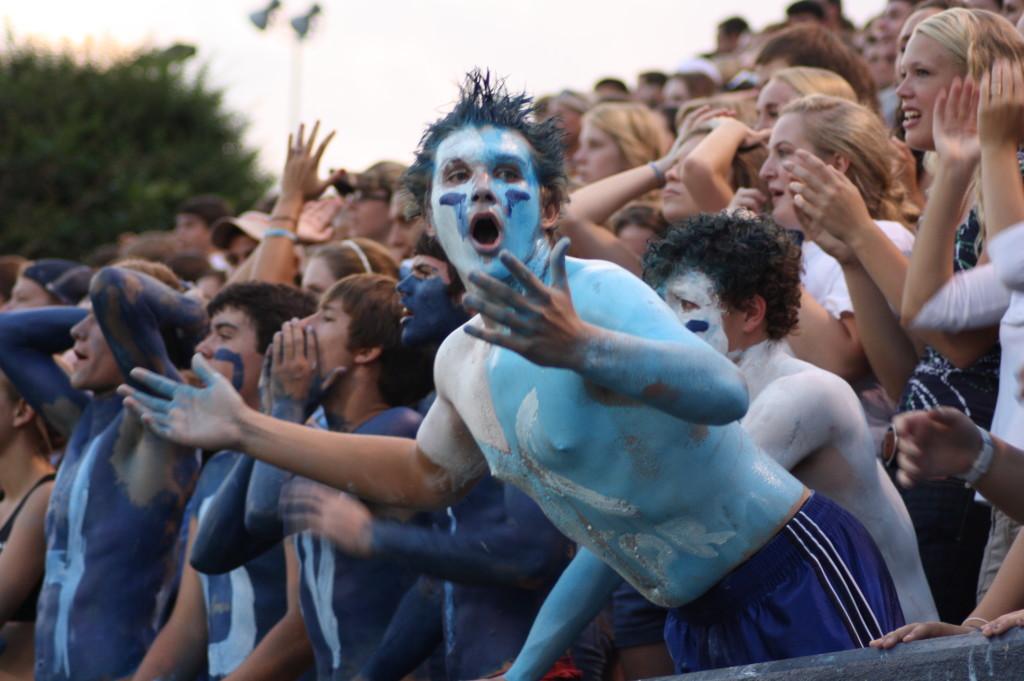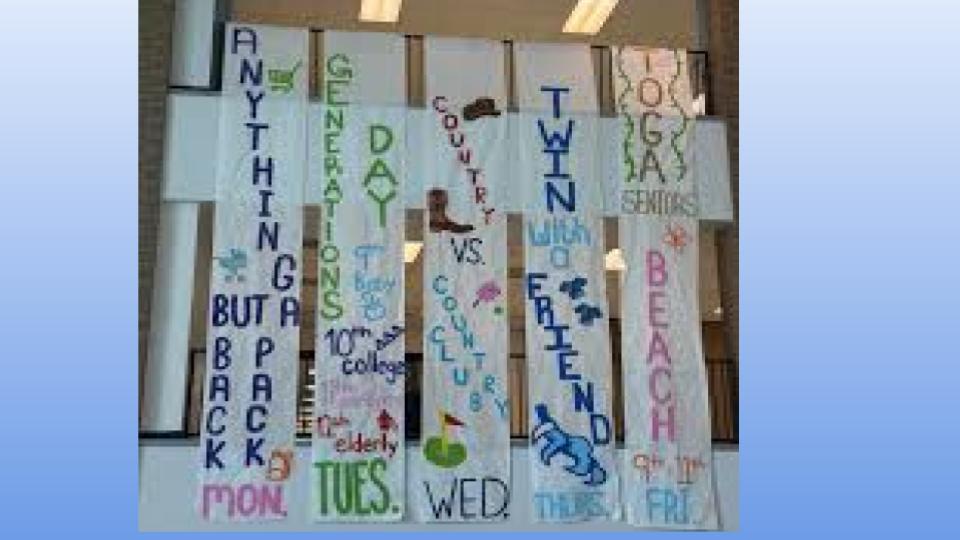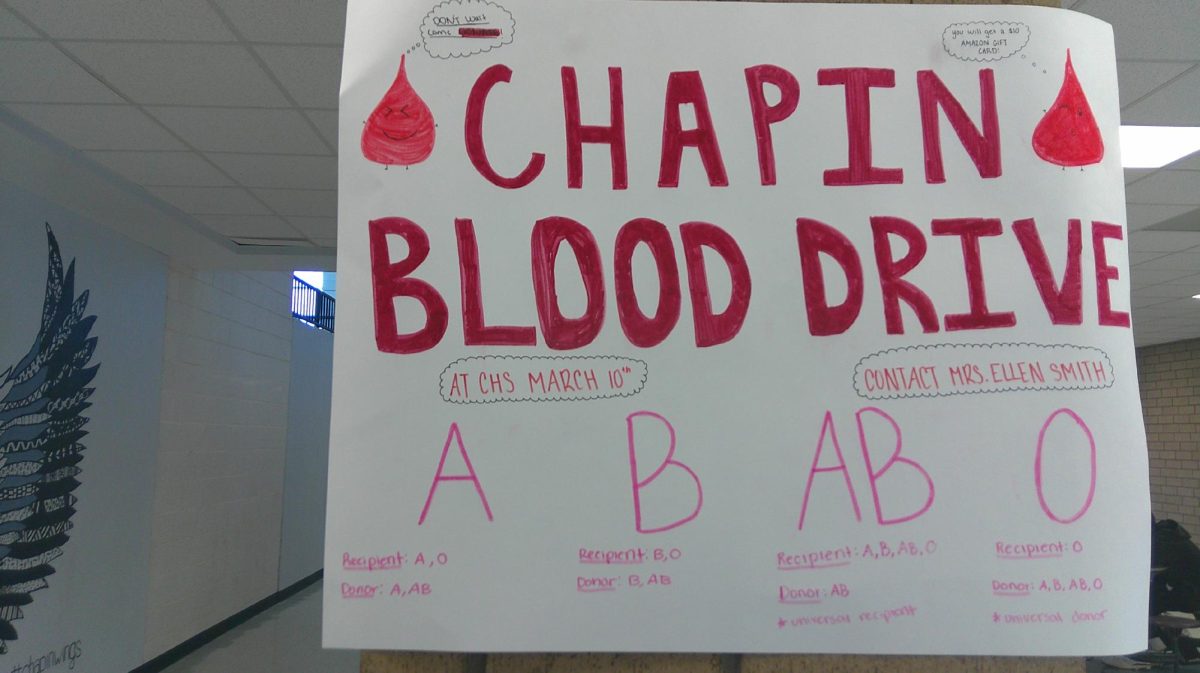A sense of belonging and loyalty to teams is possibly the greatest feeling associated with sports. The “love for the game” attracts athletes and fans alike. Yet with such passion comes a sense of ethical representation. Like every football coach I’ve ever had has said, “Wear that uniform the right way, and represent your school with pride.” This is the responsibility of the athletes, to portray a good image of their school and community. Likewise, the fan base of a school should attempt to stay on the safe side of the moral median in the road of athletic support.
There are instances, however, where this line is crossed and consequences appear. These consequences don’t always directly affect the guilty party, but rather reflect negatively on the fan and their school.
Everyone can remember a particularly crazy encounter with some cocky, rowdy, or rude fan of an opponent. Common reactions to these people causes frustration that is often taken out on the opposing team. Now, with this taken into mind, let’s examine the case of the Chapin versus Dutch Fork scuffle after the clock struck zero.
A hard fought football game ends with controversy, built up anger, and frustration. Immediately as the final snap was taken the opposing student section stampedes in the direction of the Chapin students. Overcome with emotion, a few Chapin fans jump the bleachers to meet the Silver Foxes students half way. Chaos ensues, leading to several scuffles, police intervention, and administrators running around trying to restore order.
This is a situation where the limits of fanhood must be defined. For starters, the herd of Dutch Forkers on the field was intended to make the loss personal. This “rubbing it in your face” act shows a lack of class on the part of our district rival. This is one limit: Don’t make games personal. Had Dutch Fork stayed in the stands, cheered for their victorious team, and left then they would have stayed within the limits.
The second side of the story would be the retaliation by Chapin students. With the opponents “throwing the first punch”, some fans thought it appropriate to try and get even. This was an example of a “negative reflection” upon a school. This is where the second limit comes in: Don’t let athletics affect your actions. As enticing as a few punches may be, the classy move would have been to think before acting, accepting the loss, and cheering harder at the next game.
Eagle Pride has always been one of the foundations of our athletic success. Staying within the proper fanhood boundaries can only make this foundation even stronger. Without the fans, sports are irrelevant, luckily Chapin will always have loyal fans.







